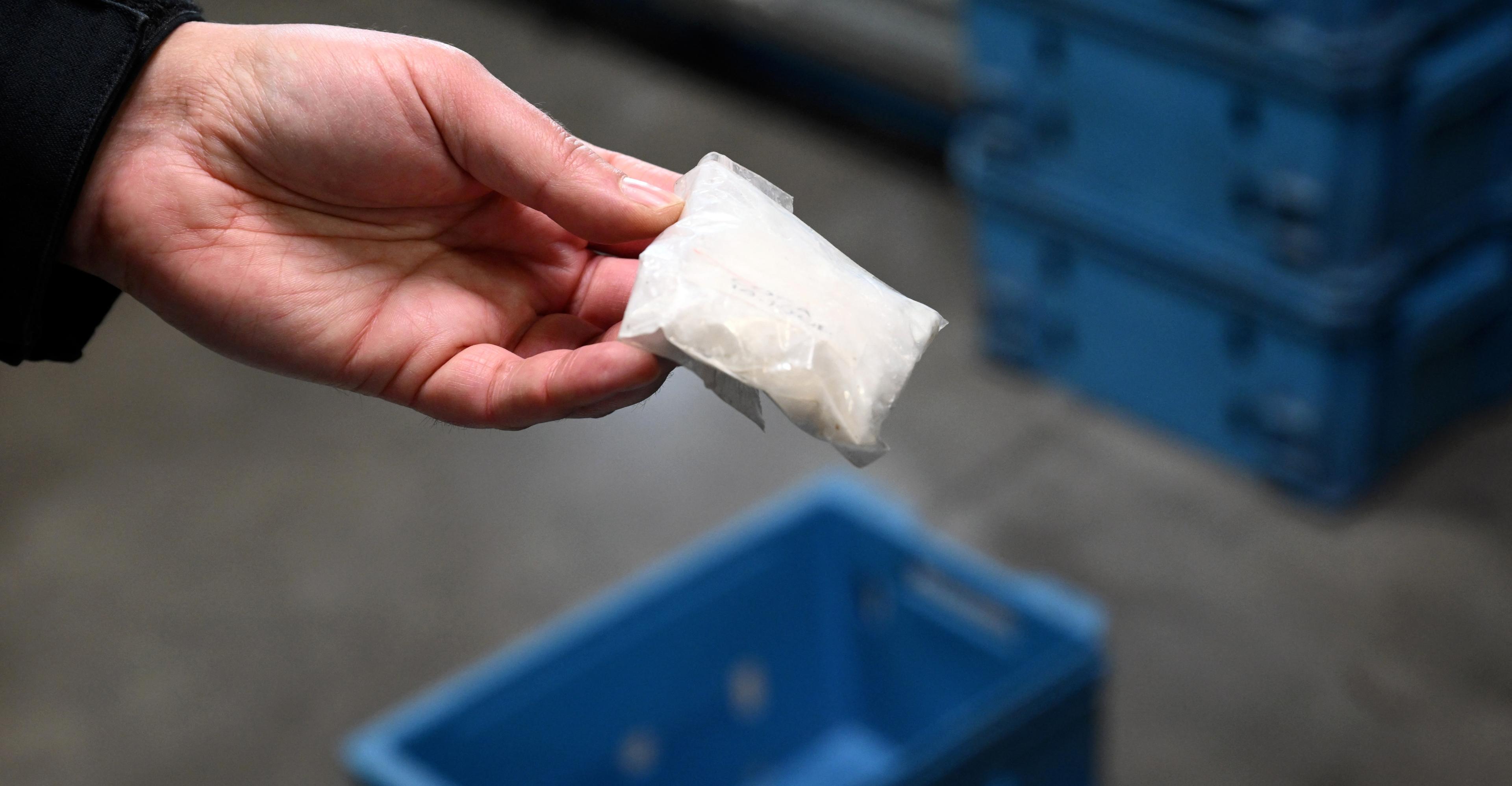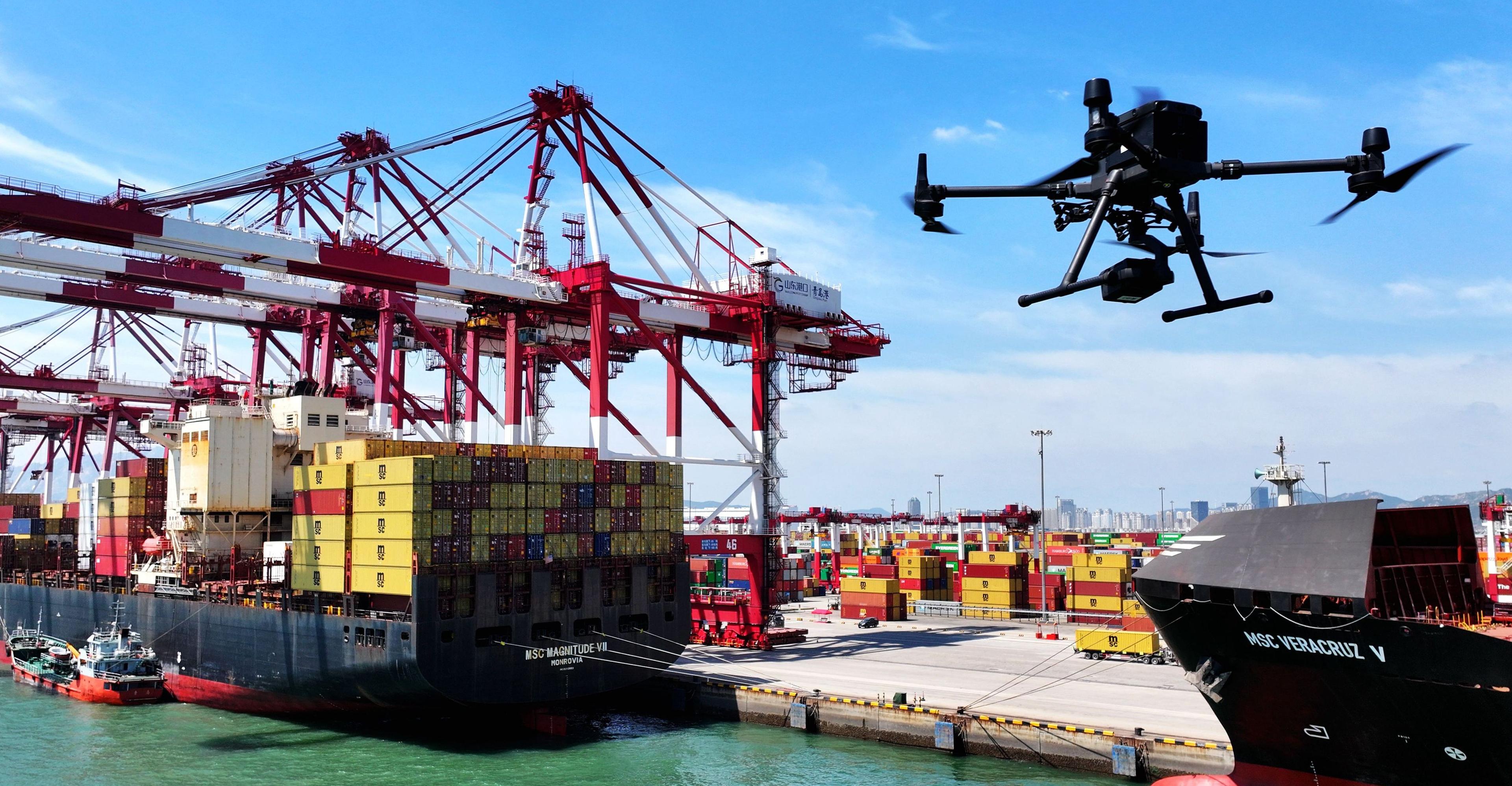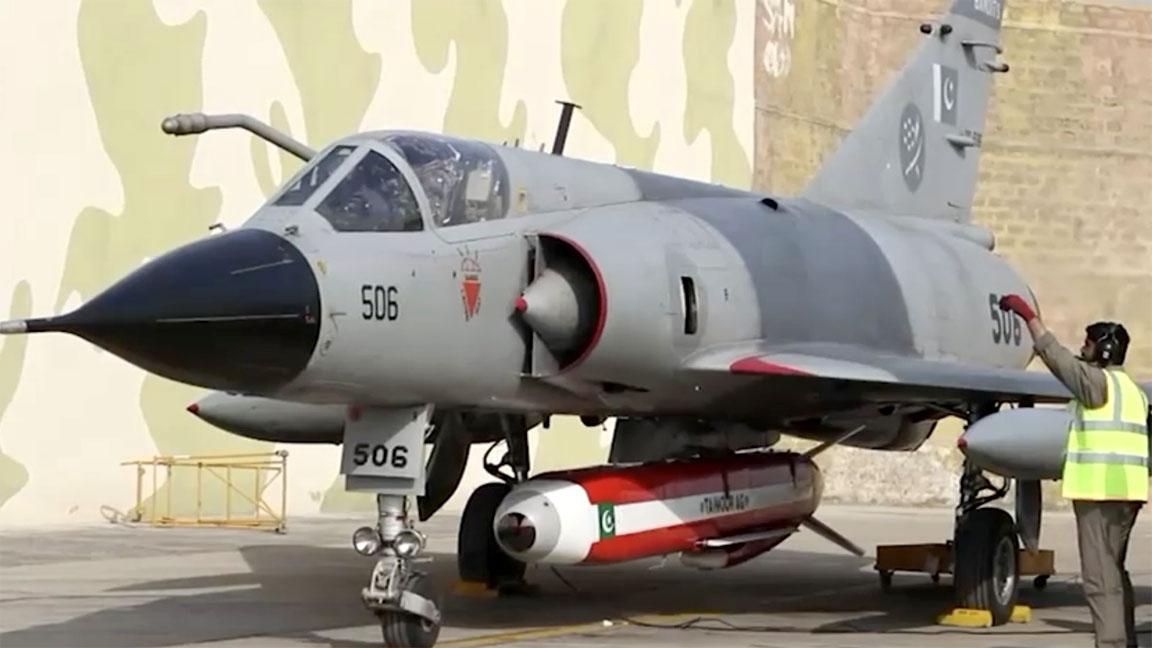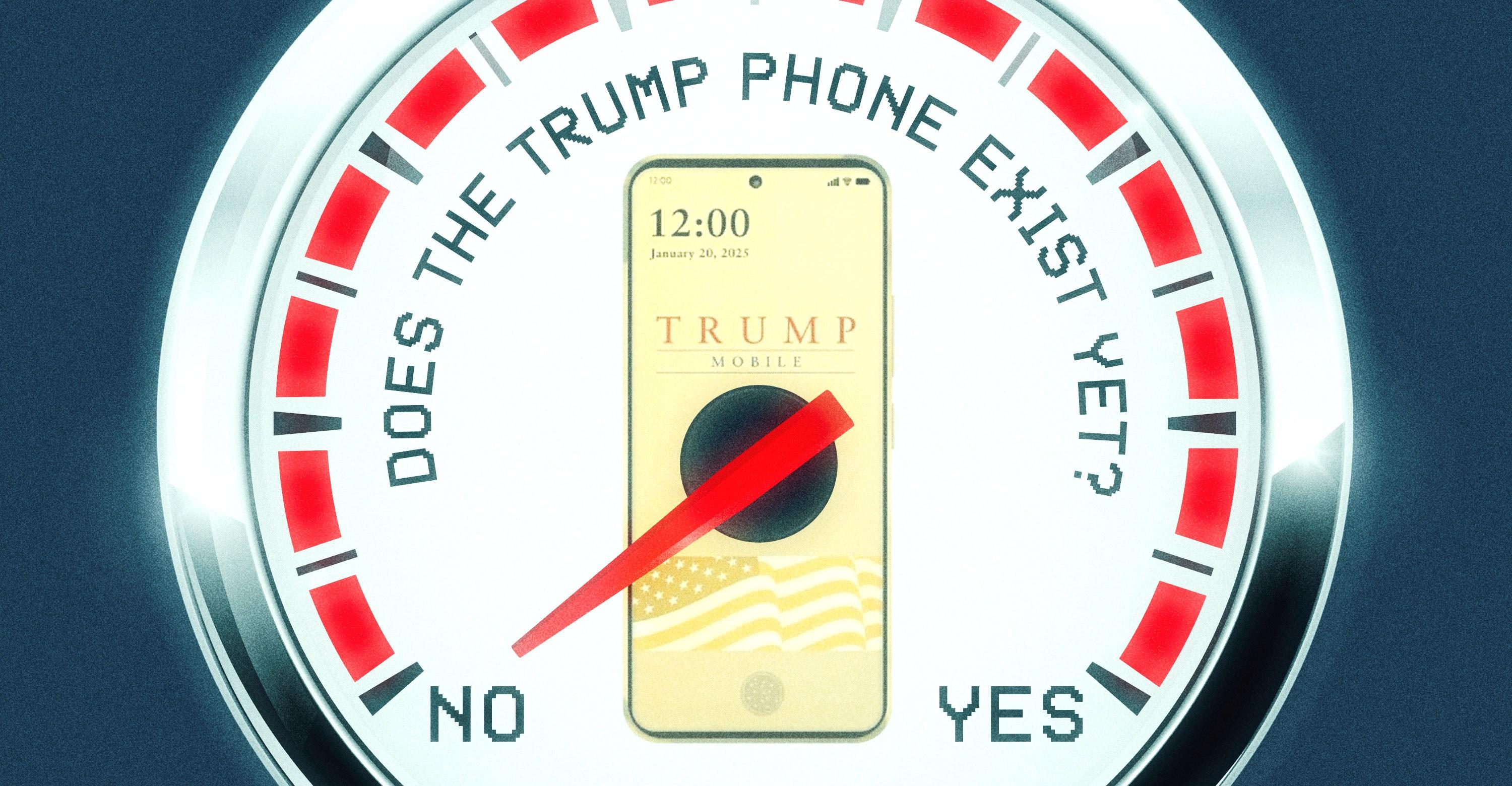Neither Tareen nor Shehbaz, only Imran
Jahangir Khan Tareen’s group’s ‘rebellion’ has both perplexed and encouraged the opposition. They are encouraged because the grouping within the PTI that was much talked about is now out in the open. What the combined might of the PDM could not do, this group might just be able to accomplish.

But the opposition is vexed too. If this group fails, Imran Khan may become more powerful. The failure of the JKT gang would lead to nipping in the bud of every future rebel.
Much is being speculated about, especially the alleged contacts established between the JKT group and the two main opposition parties, PML-N and PPP. Rumors say that a meeting between Shehbaz Sharif and Tareen is imminent. The chances of such a meeting are quite dim. Not only is Jahangir Tareen an astute politician but he is also a smart businessman. He takes only calculated steps. Already, the party Chairman, Imran Khan, views the formation of this group as a challenge to his authority. They are skimming the border on the red area. Any future miscalculation could see them outside the party instead of being inside it.
And if by chance such a meeting does happen, then it will potentially have more negative political consequences than positive ones. Imran Khan will have the chance to make his narrative stronger. As is usual for him, he will term this the unity of corrupts. He once again repeated in Peshawar that he will not give an NRO, a hint to the group.
The formation of the JKT group did not happen without reason. The group has three main grievances. The foremost one is that the Prime Minister is surrounded by the ‘Karachi Group’ of his party, who are behind the cases against Tareen. Under Asad Umar’s leadership, the group has become stronger and lobbies for its own causes in the PM office. The second reason is that the group, comprised mainly of members from South Punjab, is not happy with Shah Mahmud Qureshi’s behavior. The Foreign minister and Tareen have a long history of enemity. Qureshi is still unable to forget his defeat at the hands of Salman Naeem in his home constituency. He also benefitted the most from Tareen’s disqualification at the hands of the Supreme Court. Today, although his influence within the government has increased, in his home region of South Punjab, his influence is waning while Tareen’s is getting stronger by the day.
The third and most important grievance is about Punjab Chief Minister, Sardar Usman Buzdar. For those in the know, it is common knowledge that Imran Khan is the de facto Chief Minister of Punjab. Buzdar and Khan are one and the same. Chief Minister hopefuls have raised the rumors multiple times that Buzdar is on his way out. A section of media was also recruited to play up the impression that Buzdar did not deserve the seat given to him. Tareen group knows all of this, yet its target is clear. But silence from the establishment seems to have given the group a hint; proceed at your own cost.
Displaying uncharacteristic political wisdom, the government has decided to give the Tareen group a way out. Once Usman Buzdar addresses the complaints of the group, the forward block will hold far less threat. The situation will shift back towards normalcy although differences will remain. As for those people who were hoping for Chaudhary Nisar or Shehbaz Sharif to take advantage of the situation, I ask, why would Tareen do all the hard work only for the fruit to fall into PML-N’s lap?
And now for the important question, how will the budget be passed through the assembly? Exactly in the same way as it has been since the previous two years. The Tareen group will give their vote, and PML-N will become a silent spectator. Shehbaz Sharif will pay the price for another two years for a shot in 2023. After all, the same page story hasn’t changed much yet.














